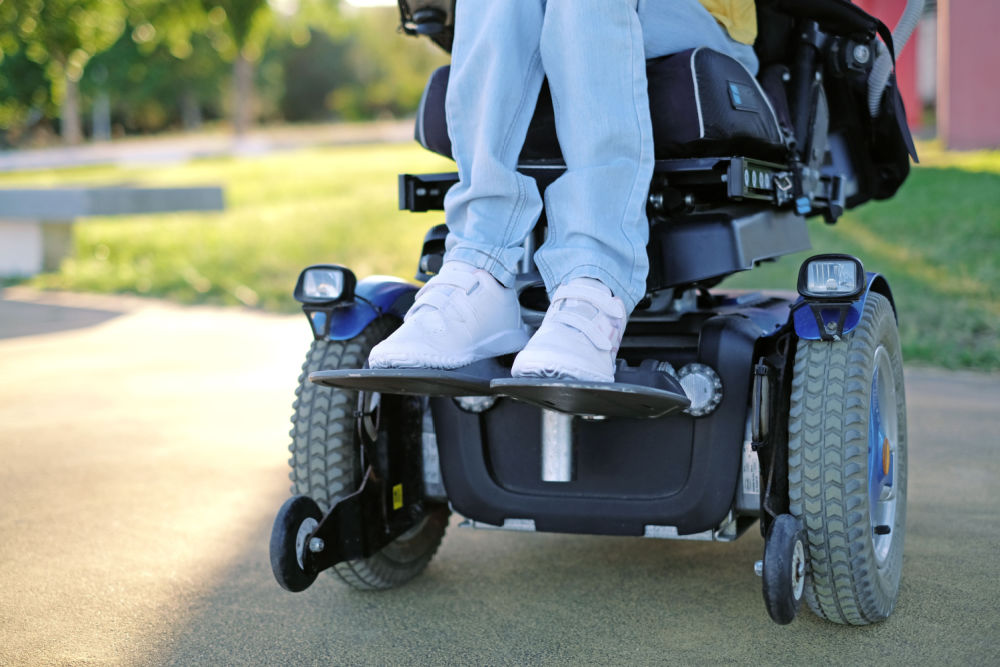New Technology Allows for Mind-Controlled Wheelchair Without Need for Brain Surgery

Written by Jill Roamer J.D. CIPP/U
In recent years, there have been technological breakthroughs to help folks with disabilities—robotic limbs, telepresence robots, and platforms to assist with communication. These new technologies give some the ability to be more independent and lead more fulfilling lives.
Now, there is a new wheelchair that can be controlled by the mind. Someone that is paralyzed or without the necessary limbs to operate a traditional wheelchair can now strap an electrode-studded cap onto their head and control the direction of the wheelchair with their thoughts.
A scientific study posted on iScience reports that two individuals learned to successfully drive the mind-controlled wheelchair around a room, avoiding many obstacles. There were three study participants in total. Each of the study participants had a spinal cord injury that left them paralyzed. One participant was 26 years of age, while the other two participants were in their 50s. The patients participated in intensive training—three times a week for anywhere from two to five months—to be able to operate the machine. To be able to operate the wheelchair, the user simply thinks about the body part controlling the movement of the chair, even if they don’t have the actual ability to move that specific body part. Thinking about walking to the left will steer the wheelchair to the left.
Up until now, folks who wanted to use a mind-controlled wheelchair needed brain surgery to successfully drive the contraption; with this new technology, brain surgery is not required. The scientists that conducted the study concluded that in-depth training on operating the wheelchair was paramount for the user to be able to effectively use the new technology, stating, “we demonstrate that three individuals affected by severe tetraplegia after spinal cord injury learned to operate a self-paced sensorimotor rhythm-based BMI to drive an intelligent robotic wheelchair in real-world scenarios with different degrees of proficiency. Furthermore, we demonstrate that wheelchair control proficiency strongly depends on robust BMI skills acquired during the longitudinal training and on the support of shared-control algorithms exploiting robot’s intelligence.” Three cheers for technology!
Everyone eventually ages, and there are vast legal issues facing the aging and disabled population. Nickerson Law is keen on ensuring everyone is protected. Click on the tab below to contact us for more information
